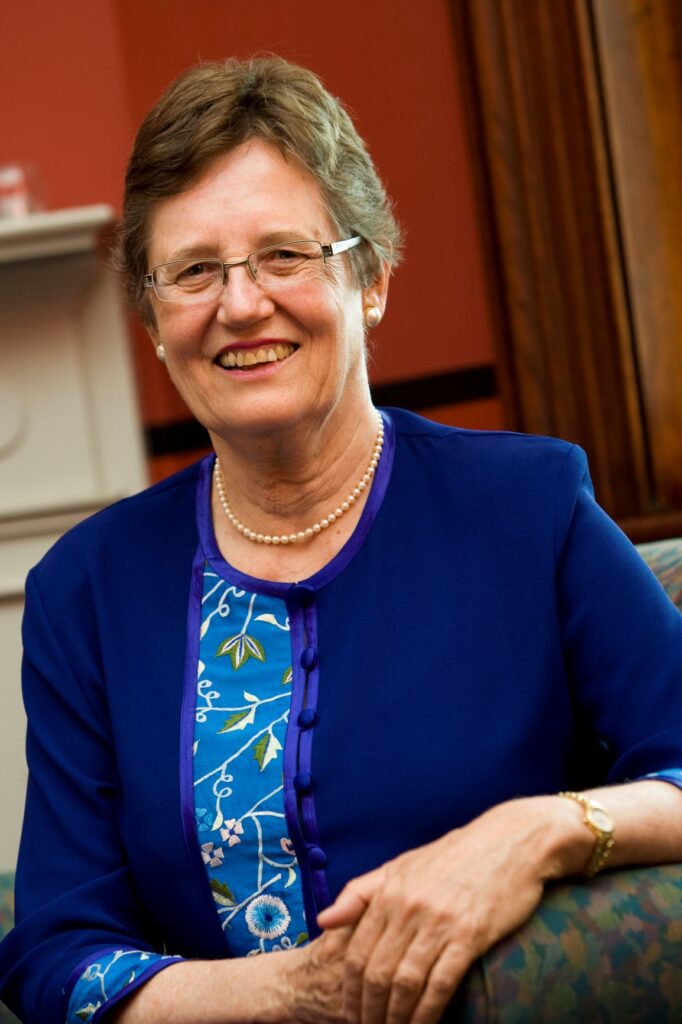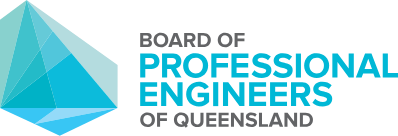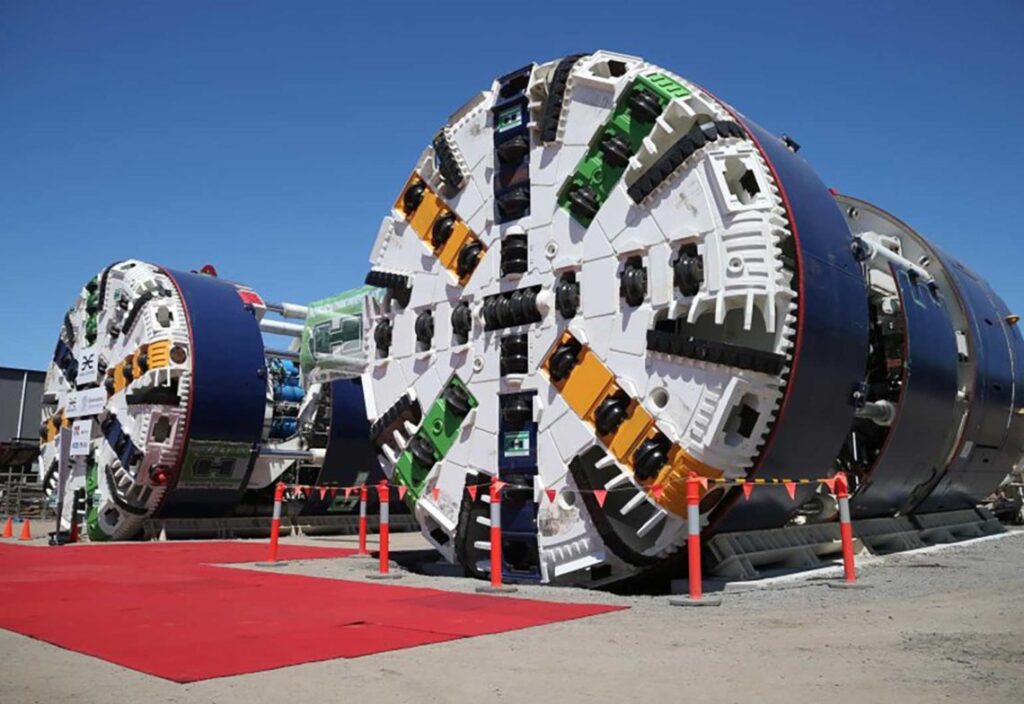
Else Shepherd AM FTSE Hon.FIEAust
Engineer, pianist, lecturer, Queensland Engineer Hall of Fame inductee, Member of the Order of Australia, Else Shepherd has had an illustrious career.
The term ‘pioneer’ can be overused these days but is entirely appropriate for Else who was one of the first female electrical engineers in Queensland, graduating with Honours from the University of Queensland in 1965.
After graduation she worked at the Sugar Research Institute in Mackay as an operation research engineer. She would go on to found companies, chair Powerlink, sit on the National Electricity Market Management Company Board, Brisbane City Works Advisory Board and the International Electrotechnical Commission Council Board and lecture at the University of Queensland, Queensland University of Technology and Griffith University.
Aside from engineering, Else has made significant contributions to the arts in Queensland. In 1984 she studied choral conducting at the Queensland Conservatorium of Music, receiving a Graduate Diploma in Music. She has been a choral conductor and director of arts organisations, including chair of the board of Camerata of St Johns, a professional string orchestra.
In 2021, one of the Cross River Rail tunnel boring machines was named in her honour; the latest recognition in an outstanding career.
BPEQ spoke with Else for International Women’s Day:

 MY ACCOUNT
MY ACCOUNT
